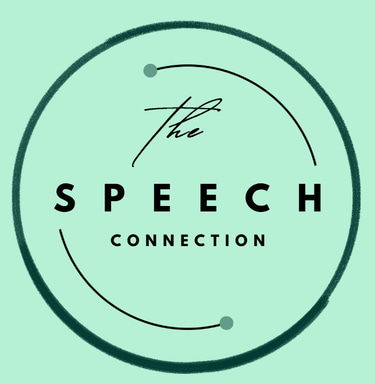Health Literacy Guide for Parents Seeking Speech Therapy
Learn about health literacy and how it helps parents navigate speech and language therapy. Get expert guidance on supporting your child's communication development.
Christie Feerick
1/13/20252 min read
Navigating the world of speech and language therapy can feel overwhelming, especially when you’re seeking the best support for your child. As a parent, understanding health literacy—the ability to obtain, process, and understand basic health information—is key to making informed decisions. This blog is designed to empower parents in Newcastle and surroundings with the knowledge and tools needed to confidently engage with speech and language therapy services.
Why Health Literacy Matters in Speech and Language Therapy
Health literacy ensures you can:
Understand the terminology used by professionals.
Navigate the healthcare system effectively.
Advocate for your child’s needs.
Parents with high health literacy are better equipped to:
Recognise early signs of speech and language difficulties.
Seek timely intervention.
Collaborate with therapists for optimal outcomes.
Signs Your Child May Need Speech and Language Therapy
If you’re unsure whether your child needs therapy, look for these common signs:
Limited vocabulary compared to peers.
Difficulty pronouncing words or sounds.
Challenges understanding or following instructions.
Trouble socialising or interacting with others
Early intervention can significantly impact your child’s progress, so trust your instincts and seek advice if you have concerns.
Finding Speech and Language Therapy Services in Newcastle
Newcastle offers a range of resources to support your child’s communication needs:
NHS Speech and Language Services
Available through GP referral.
Services are free but may involve waiting lists.
Private Speech and Language Therapists
Flexible scheduling and shorter waiting times.
Search online directories like the Association of Speech and Language Therapists in Independent Practice (ASLTIP).
Local Support Groups and Charities
Organisations like the Children’s Speech and Language Therapy Service in Newcastle can offer workshops and resources.
Tips for Working with Speech and Language Therapists
Prepare Questions Before appointments, write down any questions or concerns. For example:
What does my child’s assessment mean?
What strategies can we use at home?
Stay Involved Actively participate in sessions and practice activities recommended by the therapist at home.
Communicate Openly Share your child’s progress, challenges, and any changes in behavior or circumstances.
Enhancing Your Health Literacy
To better understand your child’s therapy journey, consider these strategies:
Learn the Basics: Familiarize yourself with common speech and language terms.
Use Trusted Resources: Visit reputable websites such as Royal College of Speech and Language Therapists (RCSLT).
Ask for Clarifications: Don’t hesitate to ask therapists to explain terms or processes in simpler language.
Final Thoughts
Empowering yourself with health literacy can make a world of difference in your child’s journey toward better communication. By understanding the resources available in Newcastle and collaborating effectively with professionals, you’re taking a crucial step in supporting your child’s development.
If you’re ready to explore speech and language therapy options or have any questions, reach out to local services or consult a trusted professional. Your advocacy and dedication can shape a brighter future for your child.


Have a question? Start by getting in touch:
The Speech Connection Clinic
Get connected



Suite 9, Royal Quays Community Centre, NE29 6XB
